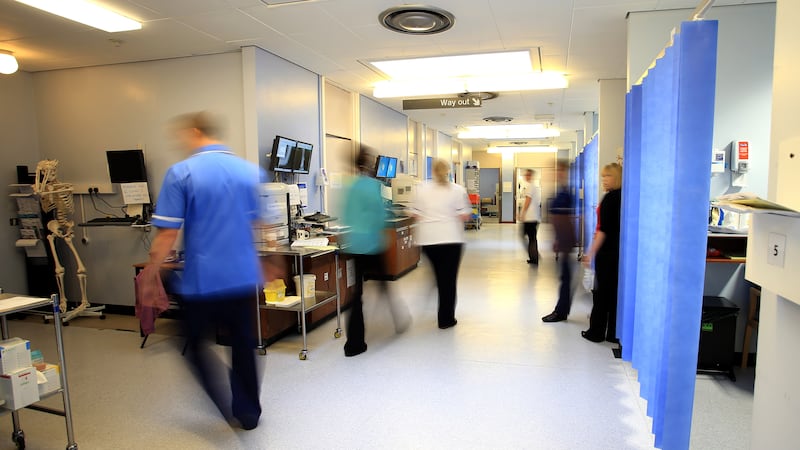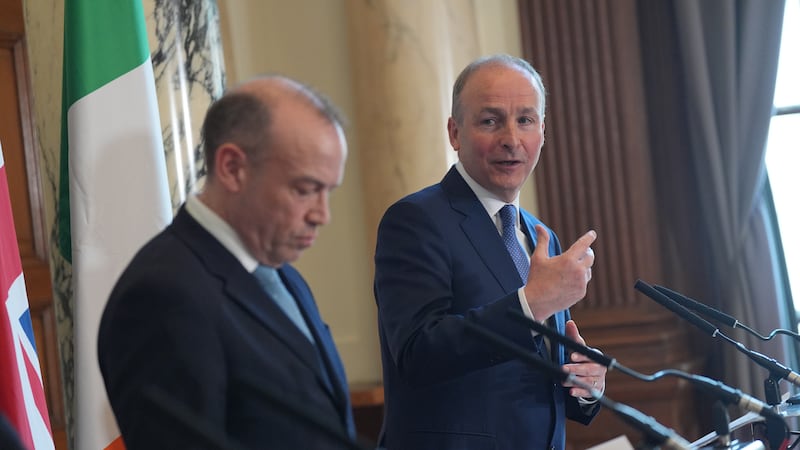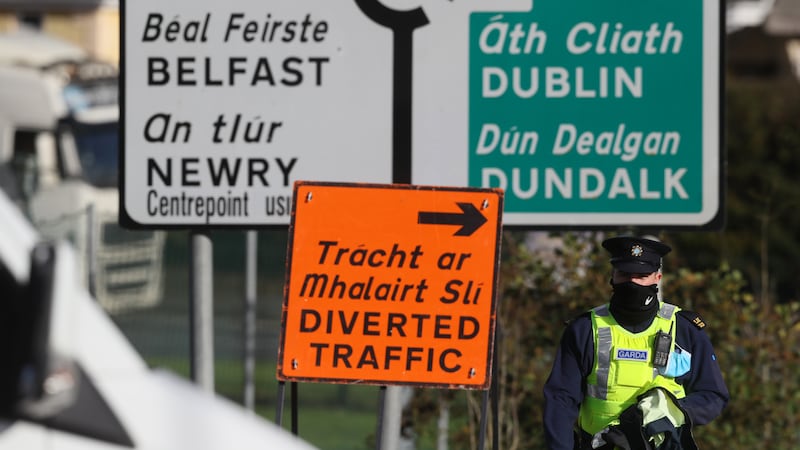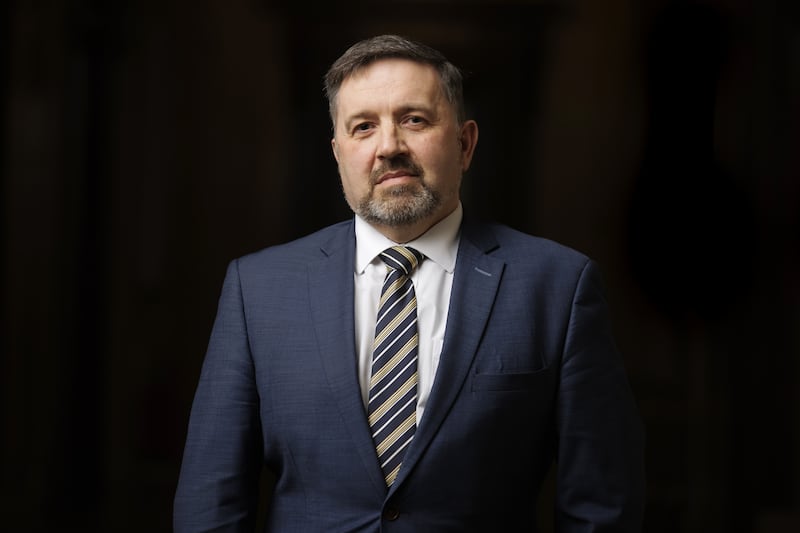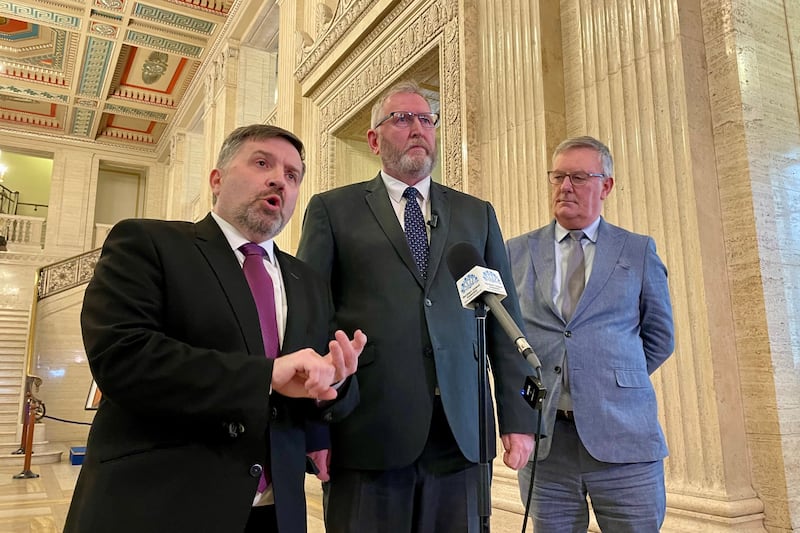If Translink was being abolished so Stormont could take direct control of public transport, it is likely you would be aware of it. If it was happening this month, after eight years of preparation, you would expect official announcements and even fanfare.
Yet much the same is happening almost entirely unnoticed in health, making it all the more remarkable that UUP minister Robin Swann has picked this month to reveal he will stand aside to run in the general election.
- Stormont health crisis is bigger than Robin Swann's Westminster ambitions - The Irish News viewOpens in new window
- Deirdre Heenan: ‘When strong leadership was absolutely critical to rescue a system on the brink, we have been lumbered with interim appointment’Opens in new window
- 600 hospital beds occupied by medically fit patients in Northern IrelandOpens in new window
The Integrated Care System (ICS) is the new model for administering Northern Ireland’s health service. It aims to replace the confusing duplication of having a Department of Health and beneath it a Health and Social Care Board, both trying to run the whole system. The board was shut down two years ago and its staff and functions transferred into the department.
The other part of the new system will be five area integrated planning boards. These will help plan services on a public health basis, tasked to keep people healthy as much as to treat the sick. Board members will be nominated by councils, medical professionals, patient representatives and other interested groups.
The area boards will coordinate with each other and the department though a regional forum. Imagine the Department for Infrastructure ran all the buses but councillors, passengers and drivers could help design the local timetable and talk to other locales about longer routes.
Area boards had a trial run in the Southern Trust last year. Nominations for all five boards opened in January, attracting significant interest from the voluntary sector. The boards are due to come into operation in shadow form this month, then go live after a period of bedding in. Incredibly, there have been no departmental or ministerial press releases on any of this since devolution returned.
Councils have demanded a role in the health service in order to stop reforms, while councillors have led public protests against centralising hospital services. The area boards will give them a role, which they will presumably use to obstruct change
People are loathe to criticise Swann, as he has twice taken on a job other parties refused to do. If he has not done a great job, there have been plenty of problems beyond his control: the pandemic, a collapse of devolution, a spike in inflation. One minister from a minor party is heavily constrained within the executive. Sinn Féin and the DUP set the budget and can veto anything they deem significant, controversial or impacting on other departments.
However, none of this applies to ICS. An executive comprising only the DUP and Sinn Féin decided to implement it in 2016 as a 10-year strategy, after considering the Bengoa report on health reform. Michelle O’Neill, then health minister, signed it off just before Stormont fell.
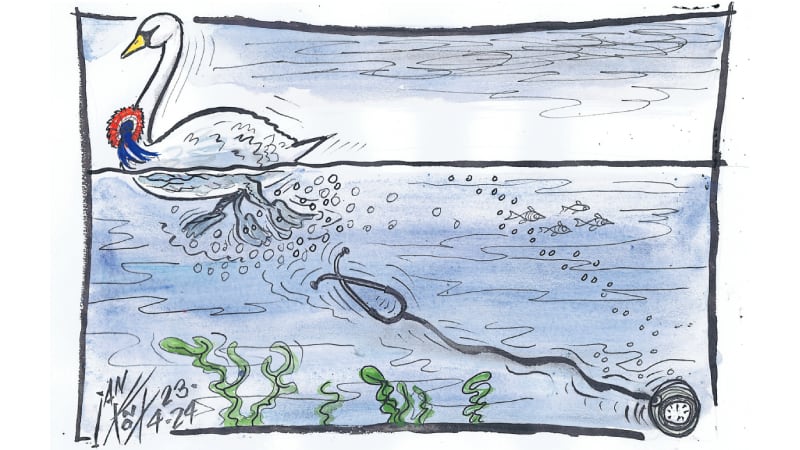
Swann succeeded her when devolution returned in 2020. He had time to order the closure of the HSC Board before the pandemic hit and this was completed in 2022, just before Stormont fell again. Now Swann is back for the launch of the area boards and could still be in post as they move from shadow to full form. He has had more than enough support and responsibility to own and promote the strategy.
Is ICS working? The scale of the crisis in the health service makes it difficult to judge. Bureaucratic changes have been delivered successfully and there are early signs the merged Department of Health and HSC Board can manage difficult decisions and complicated projects, despite some concerns about a culture clash between both sets of staff.
A far greater concern is that the area boards are a fundamental mistake. Every main Stormont party supports the Bengoa report, yet all except Alliance have objected to reforms in their constituencies. Councils have demanded a role in the health service in order to stop reforms, while councillors have led public protests against centralising hospital services. The area boards will give them a role, which they will presumably use to obstruct change.
Some experts believe Northern Ireland needs more of a ‘Translink for Health’, by creating an arm’s-length super-quango that can move services around without political interference, just as Translink might reschedule a bus.
This is the model used in England, where some experts advocate going further, with the NHS run by a ‘BBC for Health’ - an independent corporation under a government charter.
By giving more control to Stormont and councils, ICS is heading in the opposite direction. There has been effectively no public debate about this and little wonder, with Swann nominally in charge. A huge administrative reform is being completed largely on autopilot, without even an announcement from the captain to fasten our seatbelts for landing.

